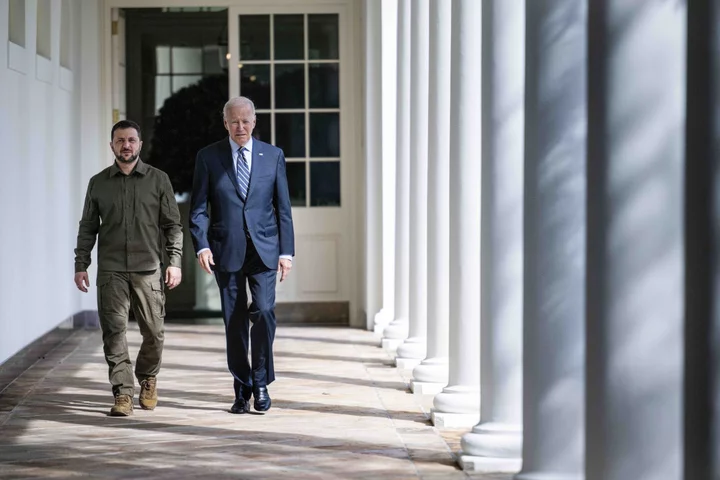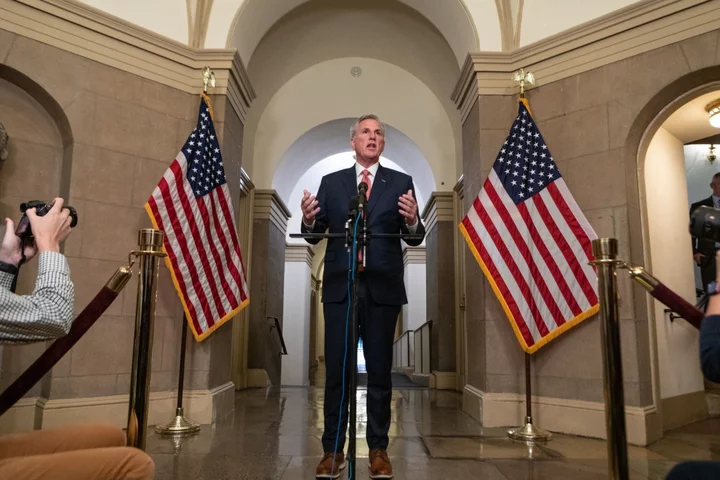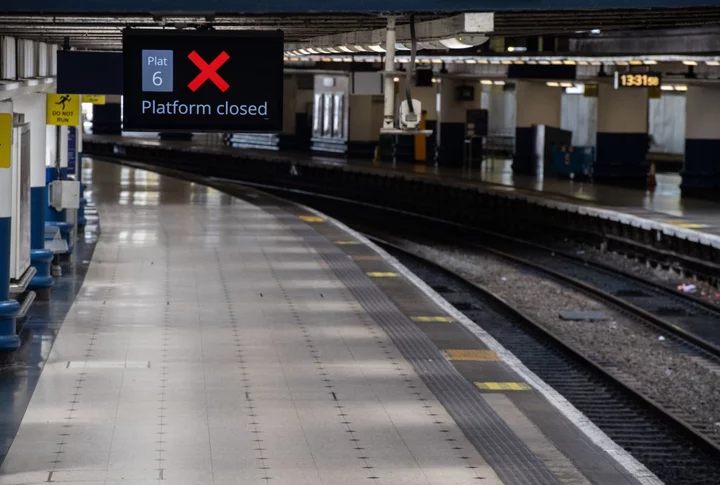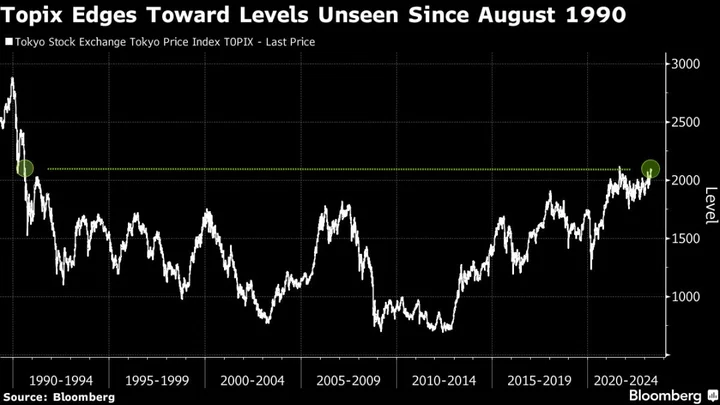Weeks of tense bargaining around Detroit are making battery manufacturers some 6,600 miles (10,600 kilometers) away nervous.
LG Energy Solution Ltd., SK On Co., and Samsung SDI Co. have planned about $28 billion of investment along with General Motors Co., Ford Motor Co., and Stellantis NV in US electric-vehicle battery factories they’ll run as joint ventures. Those plants are major sticking points in contract negotiations between the three automakers and the United Auto Workers, which wants to unionize the 19,600 people the companies plan to hire.
While South Korea’s three biggest battery suppliers have kept a low profile during a more than monthlong strikes at GM, Ford and Stellantis facilities, they’re anxious about the union pressing for substantial wage increases, according to Kim Kwang-ju, chief executive officer of SNE Research. Some companies, including component makers that have announced significant investment in the US, are reconsidering their plans, he said.
“The cost of running plants in the US is already about twice the cost of other regions,” Kim said. “The atmosphere of the industry is not good these days — battery prices are falling, and inventory is rising due to weaker-than-expected demand for EVs.”
The UAW’s push to organize the battery factories — all but one of which hasn’t opened yet — is sapping some of the enthusiasm from projects the companies have billed as transformative. While higher labor costs risk being a long-term issue, copious amounts of government funding will be coming their way. President Joe Biden’s signature climate bill, the Inflation Reduction Act, will award companies billions of dollars worth of tax credits toward cell and pack manufacturing, and the Department of Energy has offered to loan Ford and GM’s ventures a combined $11.7 billion.
Even with all that support, South Korea’s battery companies were facing tall tasks. To qualify their EVs for consumer tax credits, carmakers and their battery partners will have to reduce their reliance on China’s dominant low-cost supply chain.
The UAW’s demands could further complicate matters. The union has been striking at select plants across the country since mid-September and has threatened to walk out from more facilities if contract talks don’t progress. On Monday, another 6,800 union members went on strike at the biggest Stellantis plant in the US: a Ram pickup factory in Sterling Heights, Michigan.
Workers were preparing to walk out of GM’s full-size sport utility vehicle plant in Arlington, Texas, early this month, but decided against it at the last minute when the union believed it had reached an agreement for the carmaker to recognize future hires at battery plants as part of its master labor agreement. GM and the UAW have yet to hammer out a deal that the union would then hope to impose on Ford and Stellantis.
With Tesla starting a price war and GM and Ford putting off some EV investments, South Korea’s battery manufacturers may want to rethink whether they need to build so many plants in the US, said Park Chul-Wan, an automotive professor at Seojeong University.
“We were too optimistic about the IRA, just thinking about the credits only,” Park said. “They should consider slowing down the pace of aggressive investments in the US.”









